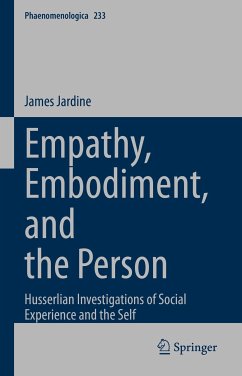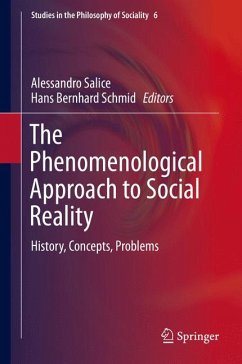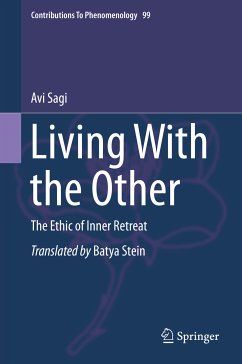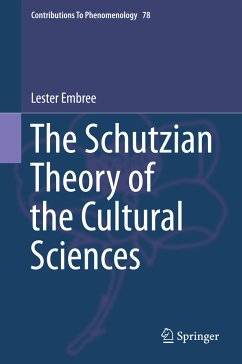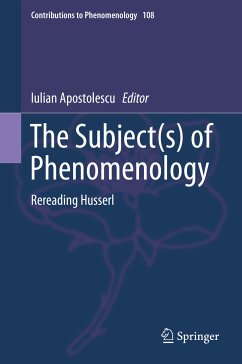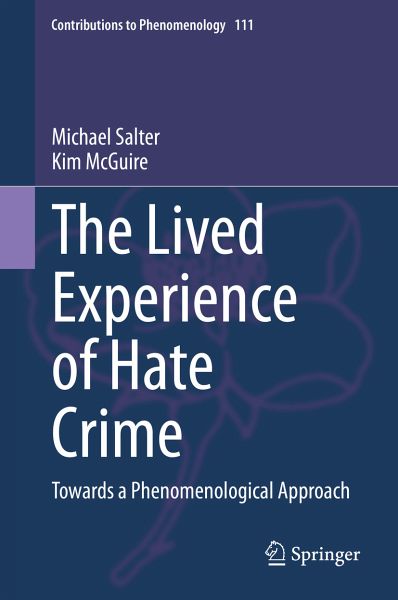
The Lived Experience of Hate Crime (eBook, PDF)
Towards a Phenomenological Approach
Versandkostenfrei!
Sofort per Download lieferbar
72,95 €
inkl. MwSt.
Weitere Ausgaben:

PAYBACK Punkte
36 °P sammeln!
The first book to provide a systematic analysis of Husserlian phenomenology as an approach to the lived experience of hate crime
The only volume dealing with the what, how and for-whom levels of the lived experience of hate crime, whilst showing how the lived body mediates each of these experiential levels
Makes a series of critical yet constructive points to further the claims of Husserlian phenomenology to be a relevant social scientific perspective
The only volume dealing with the what, how and for-whom levels of the lived experience of hate crime, whilst showing how the lived body mediates each of these experiential levels
Makes a series of critical yet constructive points to further the claims of Husserlian phenomenology to be a relevant social scientific perspective
Dieser Download kann aus rechtlichen Gründen nur mit Rechnungsadresse in A, B, BG, CY, CZ, D, DK, EW, E, FIN, F, GR, HR, H, IRL, I, LT, L, LR, M, NL, PL, P, R, S, SLO, SK ausgeliefert werden.
Alle Preise in Euro und inkl. der gesetzl. MwSt. | Innerhalb Deutschlands liefern wir preisgebundene Bücher versandkostenfrei. Weitere Informationen: bitte hier klicken
Support
Bitte wähle dein Anliegen aus:
Rechnungen
Bestellstatus
Retourenschein
Storno



